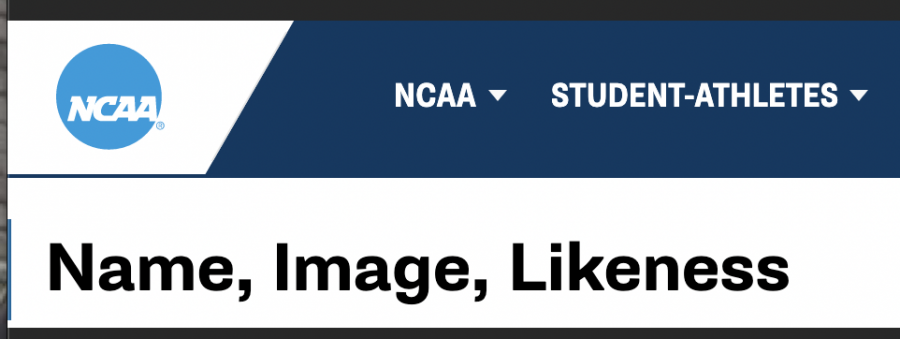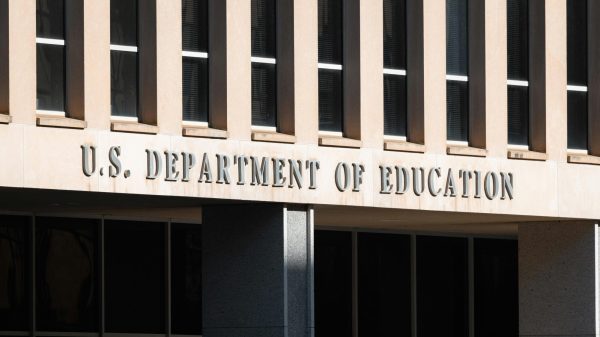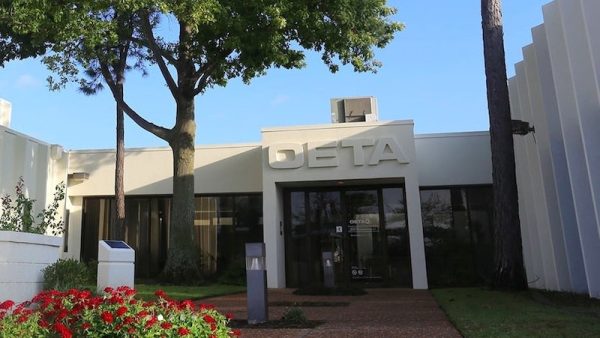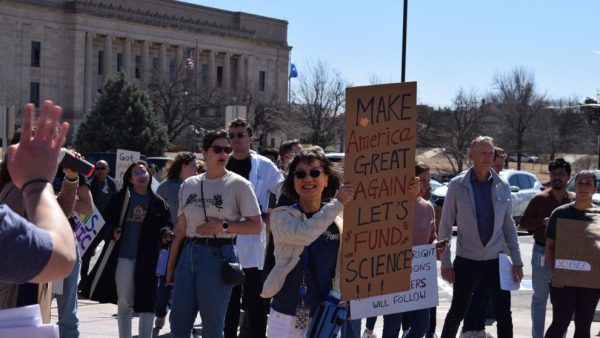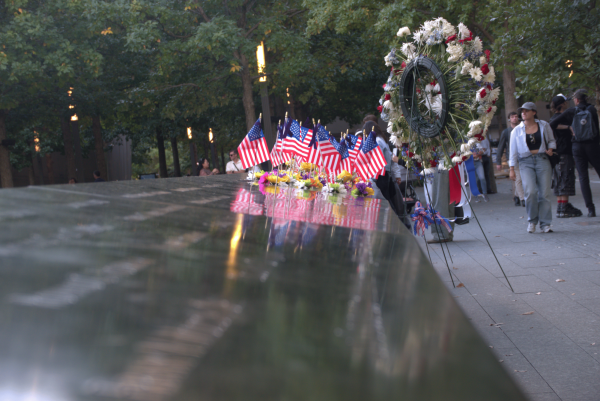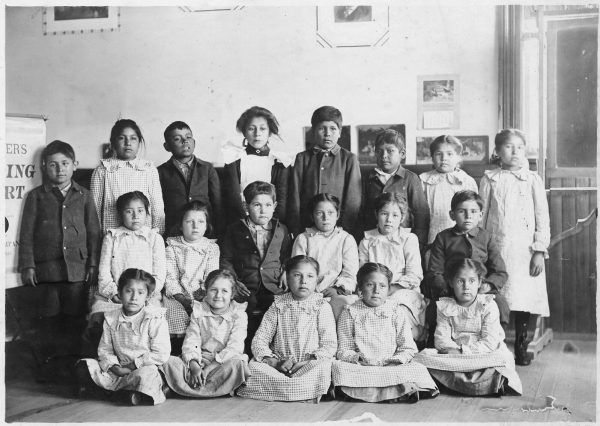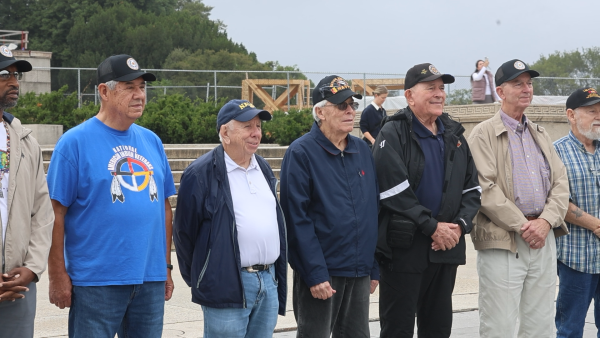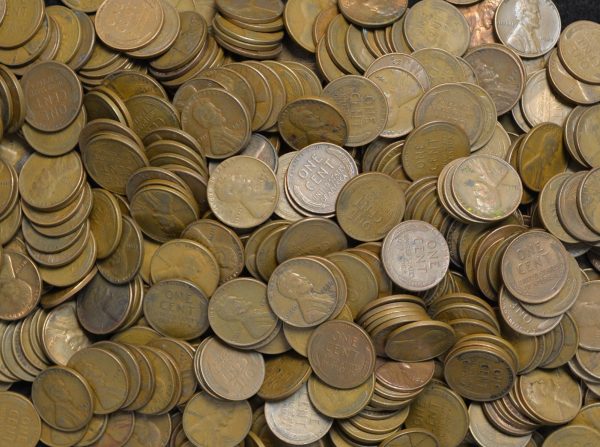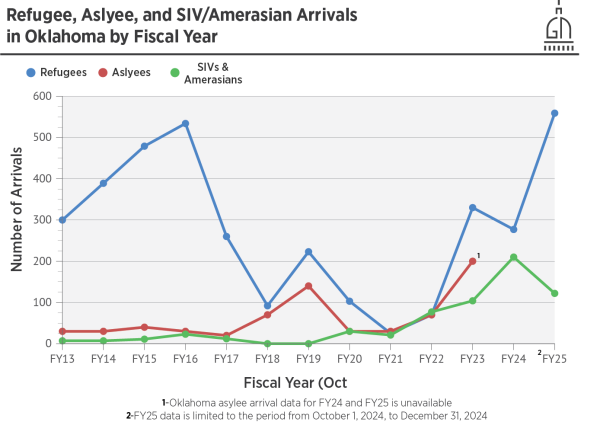Name, image and likeness changing the landscape of collegiate athletics
NCAA ruled that athletes can be compensated for their name, image and likeness. Photo Courtesy of NCAA.
WASHINGTON — University of Oklahoma volleyball player Aysia Hartey is looking forward to being able to earn more money marketing herself.
“I think it’s cool to be able to sell a jersey in your name and actually get paid for who you are and your abilities and your talents,” said Hartey.
While the athletes are allowed to profit in a number of ways, there are still strict guidelines on what is allowed.
“You have to get it approved by compliance, so you can’t just go out and do whatever you want,” said Hartey. “You have to make sure the brand that you’re representing is good.”
Hartey and other college athletes are at a unique moment because of a June ruling by the Supreme Court that the NCAA could not limit educational benefits for athletes. This ruling created a domino effect that opened up a new world for college athletes.
Name, image and likeness allows athletes to engage in endorsements, receive compensation for appearances and profit off their talent.
Many are critical of the decision to allow athletes to gain revenue because it removes the idea that the students are amature athletes.
Kenny Mossman, Senior Associate AD of External Operations believes this is the right move.
“It has a lot of positive potential for student athletes,” said Mossman. “There are some elements that are a concern and we’ll work through those but I think by and large, this is a good opportunity for student athletes.”
Mossman sees NIL as the opportunity for students to receive compensation the same way as anyone else would.
A number of athletes are already signing deals and making brands for themselves. Oklahoma starting quarterback Spencer Rattler is on the leaderboard when it comes to NIL. Rattler has an agent, signed a deal with Raising Canes and has a website loaded with merchandise.
“Really what they’re attending here is the same opportunity that any of the rest of us have to go out and have an idea or, or try to benefit from my own personal profile,” said Mossman. “ I don’t, I don’t think we should be looking for ways to suspend that or slow it down in any way. I think we should be advocates for them.”
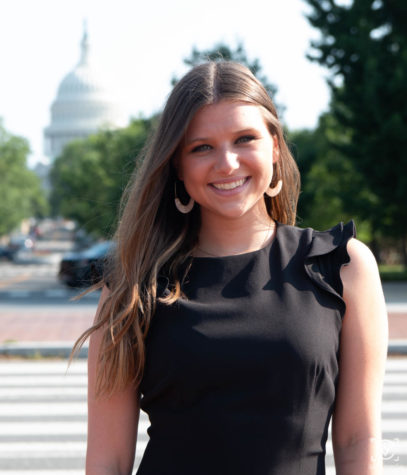
[email protected]
https://twitter.com/K_tingelstad
https://www.linkedin.com/in/kaleigh-tingelstad-60273b212/

